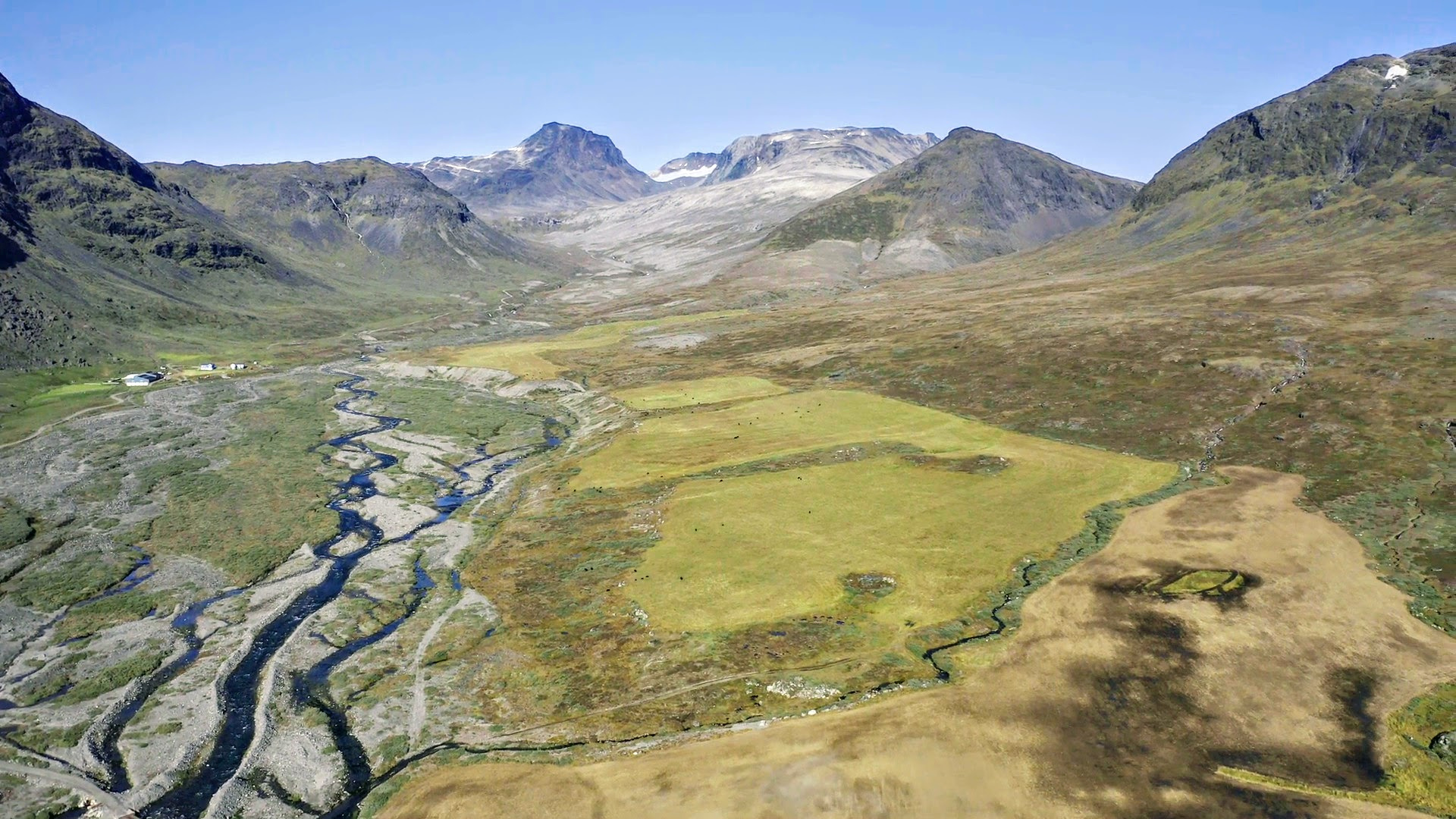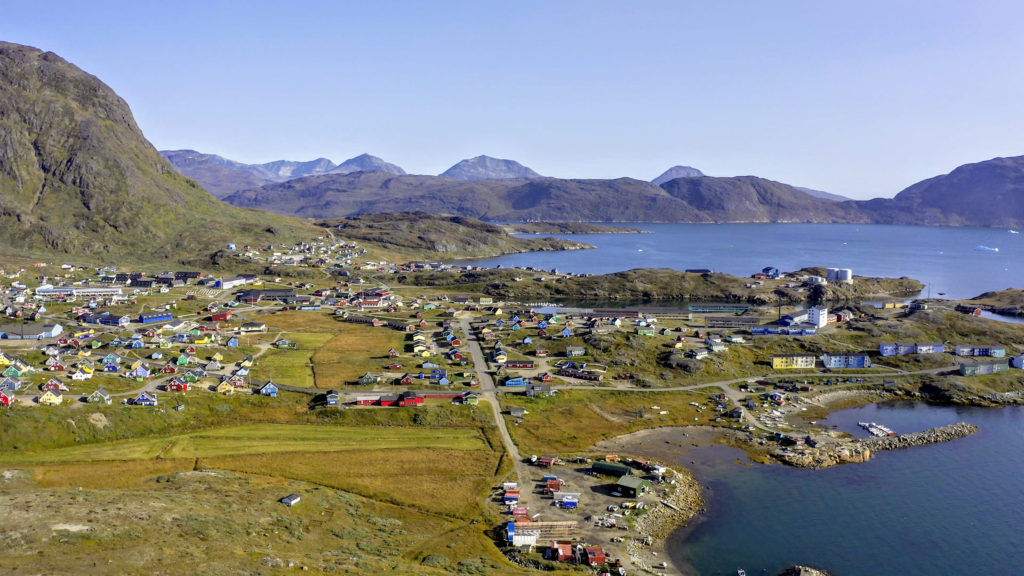Greenland’s new government reiterates its opposition to uranium mining
At the same time, the new leadership is taking pains to emphasize that it welcomes other mining projects.

With less than a month left for the public to comment on a proposed rare earths and uranium mine that has polarized Greenland, that country’s newly elected government has reiterated its opposition to the project, while at the same time underscoring that it is fully behind development of a mining sector.
The government of Múte B. Egede came to power a month ago campaigning against the Kuannersuit mine (also known as Kvanefjeld). After more than a decade in development, the fate of the project will soon be handed over to lawmakers for a final decision about whether Greenland Minerals, an Australian firm, can begin operating there.
Egede’s party, IA, and its coalition ally, Naleraq, oppose mining radioactive materials. Speaking with the news outlet Sermitsiaq, Egede admitted that position could affect other proposed mines, but said the party’s main beef was with the Kuannersuit project was that it posed a threat to the nearby town of Narsaq.
“There are plenty of opportunities to mine that wouldn’t harm human life or the natural environment or wildlife to the same degree,” he said.

Egede highlighted ongoing mining operations at Aappaluttoq (rubies) and Kangerlussuaq (anorthosite), and potential operations at Moriusaq (titanium) and Citronen Fjord (lead and zinc) as projects that the party did not have issues with.
Egede’s comments came as his mining minister, Naaja Nathanielsen, made similar comments on the website of Naalakkersuisut, the self-rule government.
“As far as I’m aware, there are no parties that are opposed to mining,” she wrote. “On the contrary: we have a strong, common vision of the mining sector becoming a bigger part of our economy, for the benefit of everyone in Greenland.”
The previous government supported the Kuannersuit mine (although internal divisions the split its leading party ahead of the election). The mine’s progression through the permitting process was made possible to a 2013 law change that reversed a national ban on mining radioactive materials.
IA’s stance marks a return to those days, and that has led to concern that other mining firms could shy away from investing in Greenland’s nascent mining sector out of fear that changing political winds could force a halt to projects that had otherwise met regulations.
Those concerns are, in part, fuelled by the fact that the previous government approved Greenland Minerals’ environmental-impact assessment, which is conducted precisely to indicate whether it poses a danger to the surrounding environment.
[As industry rebounds, likelihood of new Greenlandic mines grows]
Nathanielsen, like Egede, sought to distinguish the new government’s opposition to specific projects, such as Kuannersuit, from its stance on mining in general, which continues to have Naalakkersuisut’s support.
“Naalakkersuisut’s goals and ambitions are clear: we say ‘yes’ to mining and ‘no’ to uranium.”
Nathanielsen pledged that the current government would abide by the mining strategy adopted by its predecessor, and that, when it came to the Kuannersuit approval process, it would ensure that Greenland Minerals got a fair review. Nevertheless, she made it clear that Naalakkersuisut would be working to find legal ways to ensure that uranium mining never takes place.
“We welcome the many promising projects throughout the country that do not involve radioactive elements.”